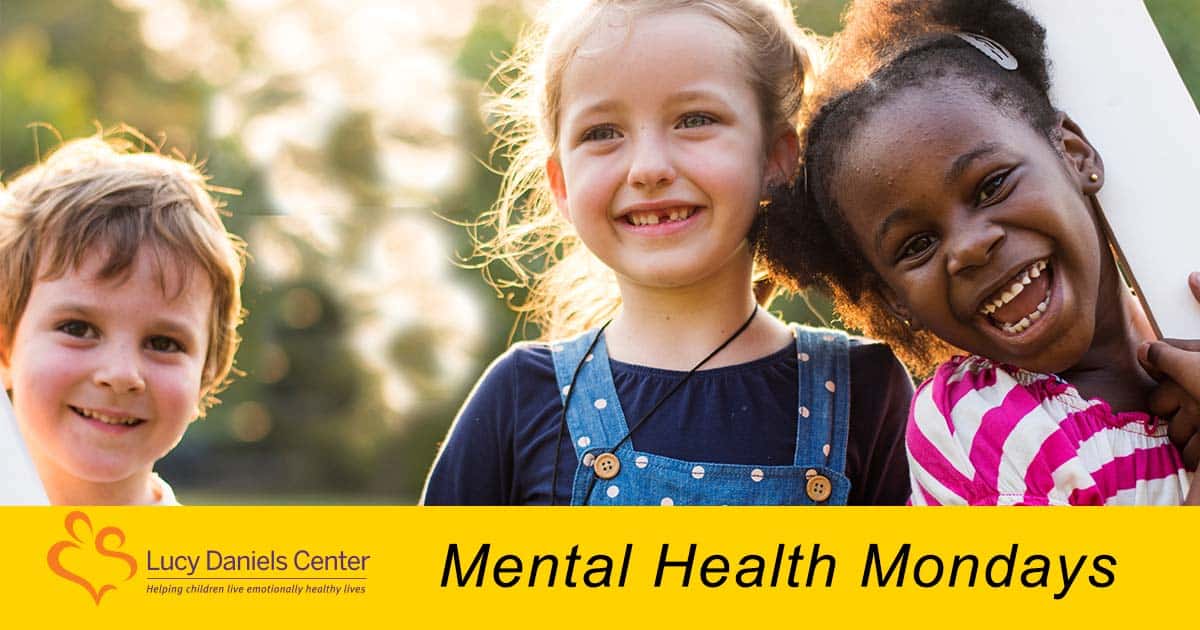Mental Health Mondays
Knowing Your Child as a Developing Student: Looking Beyond Grades and Test Scores
As children move out of preschool and kindergarten and into the elementary years, it becomes more challenging for parents to obtain a complete picture of how they are functioning in all realms of development: academically, socially, and emotionally. While homework, grades, and test scores provide a summary of their ability to achieve and extracurricular activities provide a glimpse into their social world, the more complete picture includes how your child handles herself in a variety of contexts when she is apart from you. In this week’s column, we will provide some questions parents can ask teachers as a way to learn more about their child’s school experience and developing sense of self as a learner and peer when she is on her own in school.
At this point in the school year when things are winding down, most school teachers have developed a good sense of their students. They can tell who is socially comfortable and outgoing and who hangs back and observes before taking risks. They know their students’ strengths and areas of difficulty as learners and usually have a keen sense of how to pair students, assign small groups, and make seating arrangements that make for ideal learning conditions.
Your child’s current teacher may be a valuable resource for deepening your understanding of your child as a student. With a more complete picture of your child in school, you will be better equipped to prepare (yourself, your child, and your child’s school) for the transition to the new school year. The information you gather from your child’s current teacher may put you in a stronger position to advocate for your child’s academic, social, and emotional needs in the years to come.
What Questions Can Parents Ask?
Talking with your child’s teacher is one of the best ways to deepen your understanding of your child as a student. Sometimes the most meaningful and helpful conversations are born out of knowing what to ask. We have divided some suggestions into two main areas of development: academic and cognitive (your child as a growing learner and student) and social and emotional (your child as a growing individual).
Academic and Cognitive Development
Are there any particular subjects in which your child doesn’t participate fully, or avoids altogether?
What type of schoolwork does your child enjoy most?
Does your child work best independently, in a small group, or in a large group?
How does your child handle assignments that are open-ended? What about assignments that have clear (less flexible) instructions?
Does your child seek help from his or her teacher independently, or does he or she sit quietly and wait for help? Can he or she work independently?
How does your child prepare for tests? Does he or she seem worried before tests? Do your child’s test scores accurately represent his or her academic abilities?
Social and Emotional Development
Is your child able to make and sustain friendships with other children his or her age?
How does your child handle conflicts with peers? (For instance, what does she do if she needs to speak up for herself? If someone has taken her seat or is bothering her during class time?)
Is your child able to work and collaborate with other students in a constructive way? Does he or she assume the role of a leader or follower in group projects? Is he or she flexible with or controlling of other group members?
Does your child participate in relationships in the social parts of school? How does he or she do during lunchtime? Recess? Other free times throughout the day?
For more information on the social and emotional development of school-aged children, see our article Supporting Friendships at School (https://lucydanielscenter.org/page/supporting-friendships-at-school1).
Knowing When There Are Concerns
Discomfort with any aspect of school looks different for each child. There are students who become quiet and withdrawn, students who become fidgety and disruptive, and students who fall somewhere in between. When worries about school become overwhelming to a child, they may begin to show up in other ways, such as acting out or withdrawing while in school or as resistance to going to school (see also our articles Managing School Refusal at https://lucydanielscenter.org/page/managing-school-refusal and Tummy Aches at School Time at https://lucydanielscenter.org/page/tummy-aches-at-school-time). Asking teachers the right questions can lead to deeper conversations about your child’s overall development, putting you in a stronger position to support your child’s growth in all areas and advocate for her needs when she is apart from you.
Lucy Daniels School is an emotionally safe and supportive learning environment for children preschool-5th grade. Lucy Daniels School provides an alternative choice in our therapeutic school for children who struggle emotionally and academically in a mainstream school environment. At the Lucy Daniels School, each child’s education and therapeutic program is carefully tailored to his or her needs and strengths. Parents meet regularly with a parent guidance counselor. This collaborative approach helps children progress socially and academically to become successful and competent learners.

